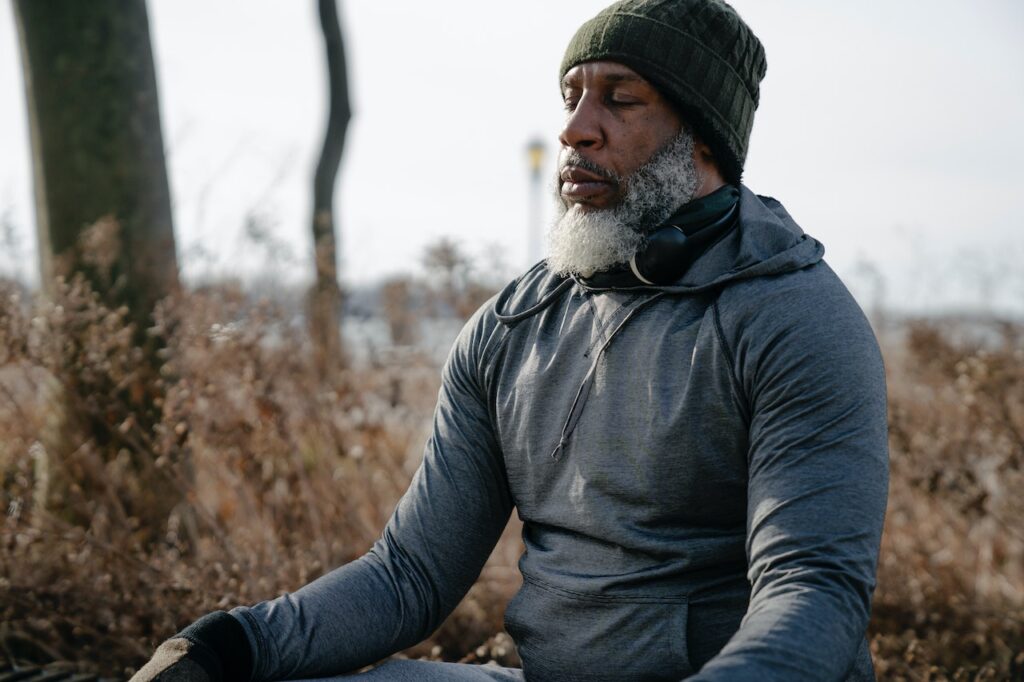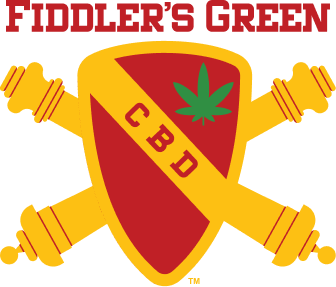
How Does CBD Work? Unraveling the Mechanisms
The use of CBD has increased dramatically in recent years, and many people now incorporate it into their daily lives. Everything from morning smoothies to pre-workout energy drinks now contain CBD. A miracle treatment for everything from anxiety to Alzheimer’s disease, CBD has been touted. But what exactly is CBD, and how does it function? This article will explore the workings of CBD and explain why so many people are drawn to using it for health purposes.
The Meaning of CBD: Breaking It Down
Cannabidiol, or CBD for short, is just one of more than a hundred compounds discovered in cannabis. The term “cannabinoids” is used to describe this class of chemicals. Delta-9 tetrahydrocannabinol (THC) is the most well-known cannabinoid because it produces the psychoactive effects or “high” commonly associated with marijuana.
CBD, in contrast to THC, is non-psychoactive, meaning it does not affect mental processes in the brain. The potential therapeutic effects of CBD in managing various medical conditions are instead the focus of a growing body of research. According to the World Health Organization, CBD, a crucial component of medical marijuana, does not cause addiction and has not caused any major public health concerns as of yet.
Related Link: CBD Vs. Other Sleep Aids
Delta-8, an Uncharted Cannabinoid
Similarities to delta-9 THC have drawn interest to another cannabinoid called delta-8. They are chemically similar and have similar effects, such as euphoria and relaxation. But delta-8 THC isn’t as potent as delta-9.
CBD Comes From Marijuana and Hemp
CBD can be obtained from the cannabis plant and its close relative, the hemp plant. Unlike the marijuana plant, which contains higher concentrations of THC, hemp contains less than 0.3% THC and is, therefore, non-psychoactive. Because of hemp’s high CBD content, it’s often used as a starting material for CBD goods.
Interested in learning more about the effects of CBD? Visit our blog.
Tinctures and Oils Containing Cannabidiol: A Primer
CBD comes in many forms, but CBD oil is highly effective and pricey. CBD oil is made by diluting cannabidiol (CBD) extracted from the hemp plant with a carrier oil like hemp seed oil or coconut oil. However, tinctures are alcohol-based preparations. CBD tinctures are made from extracts suspended in distilled alcohol and flavored with peppermint oil, cinnamon oil, or glycerin, among other common additives.
What Makes CBD Tincture Different from CBD Oil?
Sublingual administration is an option for both CBD oil and tincture. On the other hand, CBD oil has a potentially off-putting flavor and oily aftertaste. In contrast, tinctures come in various flavors that make them more appealing to consumers. You can also use CBD tinctures in your favorite recipes. Compared to CBD oil, their bioavailability is greater, and they last longer in storage. However, CBD oil tends to be more potent than tinctures.
CBD’s Legal Standing
Despite its widespread availability across the United States, the legality of CBD is still up in the air. Different states have passed laws limiting CBD availability to varying degrees. CBD products derived from hemp that contain less than 0.3% THC are legal in the United States federally but may still be illegal in some states.
Recently, laws have been loosened so scientists can investigate CBD’s therapeutic potential and determine the best way to use it. You don’t need a medical marijuana card to purchase CBD from a reputable online vendor. As the hemp plant moves closer to legalization, the legal status of CBD is likely to shift, making CBD prohibition more difficult.
The CBD Effects Explained: What Exactly Does It Do?
CBD is commonly used to alleviate pain and inflammation throughout the body, though more research is needed to substantiate the various claims surrounding its health benefits. CBD is also used for the treatment of anxiety, insomnia, hypertension, and arthritis. CBD is also being investigated as a treatment for a wide variety of diseases and disorders, including diabetes, multiple sclerosis, Parkinson’s disease, and schizophrenia. However, Epidiolex, a prescription oil, is the only CBD product approved by the FDA for use in treating Lennox-Gastaut syndrome and Dravet syndrome, two forms of severe epilepsy.
Related Link: Comparing Types of CBD
Understanding the Mechanics: CBD’s Effects on the Human Body
Like other cannabinoids, CBD has physiological effects by interacting with the body’s own endocannabinoid system. The endocannabinoid system regulates a wide range of physiological processes, including locomotion, pain perception, mental state, appetite, sleep, and immune response.
There are two types of receptors in the endocannabinoid system, and they are called CB1 and CB2 receptors. Both CB1 and CB2 receptors can be found all over the body, but CB1 receptors are more prevalent in the brain and central nervous system, and CB2 receptors are more common in the immune system. These receptors are also activated by endocannabinoids, which are naturally occurring cannabinoids produced by the body. The endocannabinoid system is targeted by CBD, which is how it produces its effects like anti-inflammatory and pain relief.
How Does CBD Feel? An Overview of Its Effects.
CBD has calming, warm, and fuzzy effects but won’t get you high. However, consumers should know that CBD and THC hybrid products may produce euphoric effects.
CBD as a Potential New Treatment for Ongoing Pain
Marijuana has a long history of medicinal use, including as a pain reliever. Cannabidiol’s pain-relieving and anti-inflammatory properties have only recently been investigated by scientists. CBD may alleviate chronic and neuropathic pain through its interaction with the endocannabinoid system. Multiple sclerosis pain can be treated with an oral spray called Sativex, which contains cannabidiol (CBD) and tetrahydrocannabinol (THC).

Recognizing the Dangers: Concerns and Adverse Effects
CBD is generally well tolerated, but there are still some risks involved. CBD can cause various side effects, including sleepiness, lethargy, dry mouth, decreased appetite, and diarrhea. In addition, CBD may have negative interactions with some drugs, particularly blood thinners.
CBD products on the market range in strength and quality, which raises safety concerns. Many CBD products available for purchase online have been found to contain more than the legal limit of THC or less CBD than was claimed on the label. Therefore, it is essential to speak with a medical professional and get clearance to use CBD prior to doing so.
How to Tell CBD Oil Apart from Hemp Oil
It’s important to distinguish between CBD oil and hemp seed oil. The stalks, flowers, and leaves of the hemp plant are used to create cannabidiol (CBD) oil.
The oil pressed from the hemp plant seeds is known as “hemp seed oil.” Although hemp seed oil has many health benefits, CBD is not one of them.
Cannabidiol (CBD): A Natural Alternative to Xanax?
The anti-anxiety drug Xanax (alprazolam) is widely prescribed. However, the risk of adverse effects, addiction, and overdose is greatly increased when used with alcohol or opioids. CBD has been gaining popularity as a natural remedy for anxiety and panic disorders. Under close medical supervision is the only time trying CBD for anxiety should be attempted. In addition, look for CBD products that have been tested extensively by an independent lab.
Do you have any questions about CBD? Contact us.
Unraveling The Mechanisms of CBD
The compound cannabidiol, or CBD, has attracted interest because of its potential therapeutic uses. CBD interacts with the endocannabinoid system, the mechanisms of which are still being studied, to produce effects like pain relief and relaxation. In addition to its use in managing various conditions, CBD is also the subject of active research into its therapeutic potential in treating various medical issues. Do your homework and consult your physician before incorporating CBD into your health regimen. To fully investigate the potential benefits of CBD and make informed decisions about its use, familiarity with its mechanisms and effects is essential.
Related Link: Full-Spectrum CBD Tinctures

